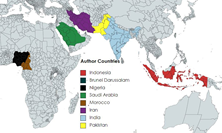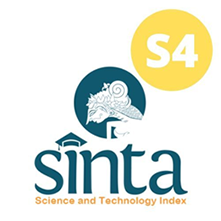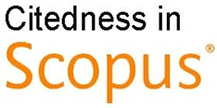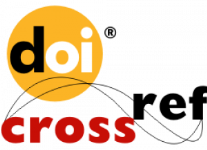Android-Based Application for Children’s Growth Monitoring as a Complement for Child Development Card
Abstract
Posyandu is a community activity center to provide health services and family planning. Routine monthly weighing for toddlers is one of the activities carried out by the Posyandu. This activity aims to detect early childhood growth disorders to address these problems quickly and precisely. However, since the Covid-19 pandemic, the toddler Posyandu, held regularly every month, has been temporarily suspended until the pandemic ends. This situation causes monitoring of toddlers' growth, and development cannot be done. Therefore we need a mechanism for monitoring child growth and development that can be done online via a smartphone. In previous research has implemented several desktop, web, and mobile-based information systems, but they do not yet have complex features such as maternal and child health information management. The purpose of this research is to create an android-based application in the form of an information system for Child Development Posyandu, which will contain several features such as immunization schedules, monitoring of child growth and development, health news. This application development uses the design sprint method. The test results with the User Acceptance Test method of this android application to user respondents show that 80% of the applications are in a Good category and can be used at Posyandu.

This work is licensed under a Creative Commons Attribution-ShareAlike 4.0 International License.
Authors who publish with this journal agree to the following terms:
- Authors retain copyright and grant the journal right of first publication with the work simultaneously licensed under a Creative Commons Attribution License that allows others to share the work with an acknowledgement of the work's authorship and initial publication in this journal.
- Authors are able to enter into separate, additional contractual arrangements for the non-exclusive distribution of the journal's published version of the work (e.g., post it to an institutional repository or publish it in a book), with an acknowledgement of its initial publication in this journal.
- Authors are permitted and encouraged to post their work online (e.g., in institutional repositories or on their website) prior to and during the submission process, as it can lead to productive exchanges, as well as earlier and greater citation of published work (See The Effect of Open Access).











